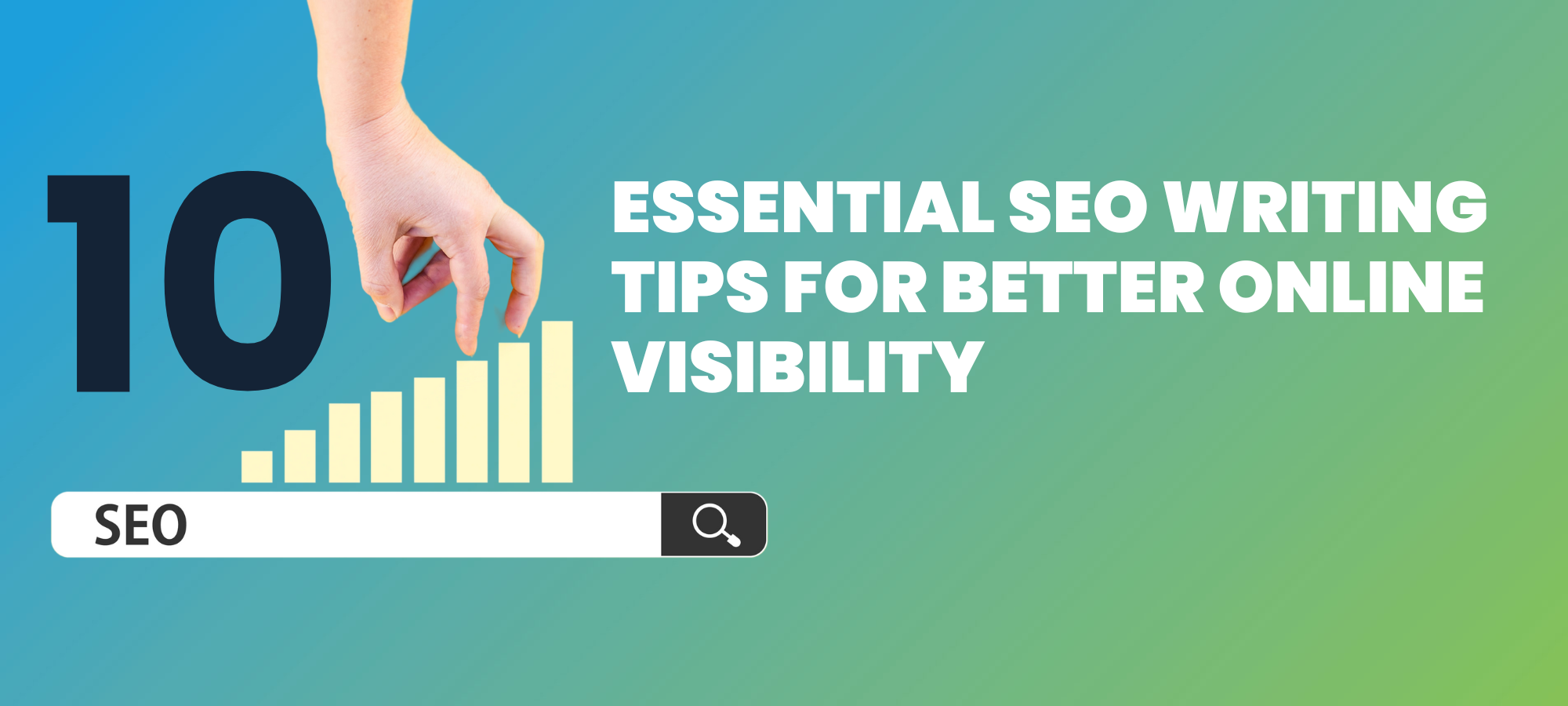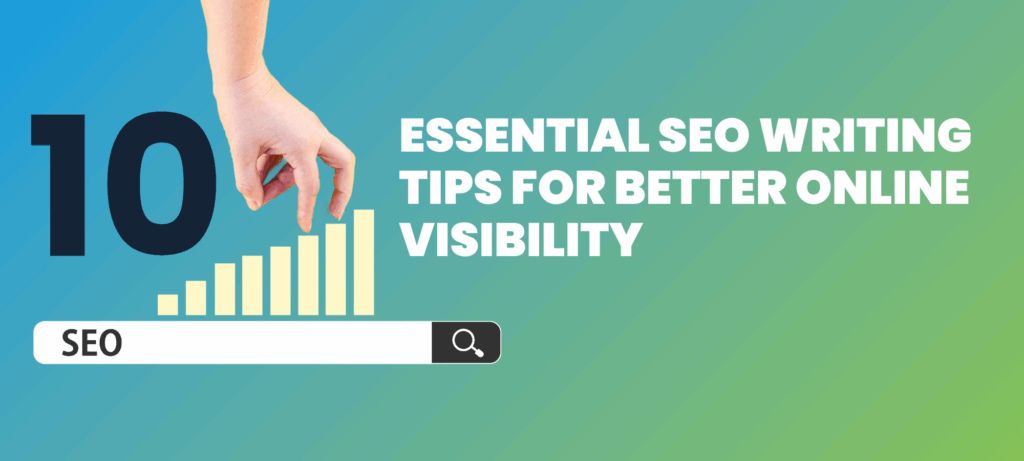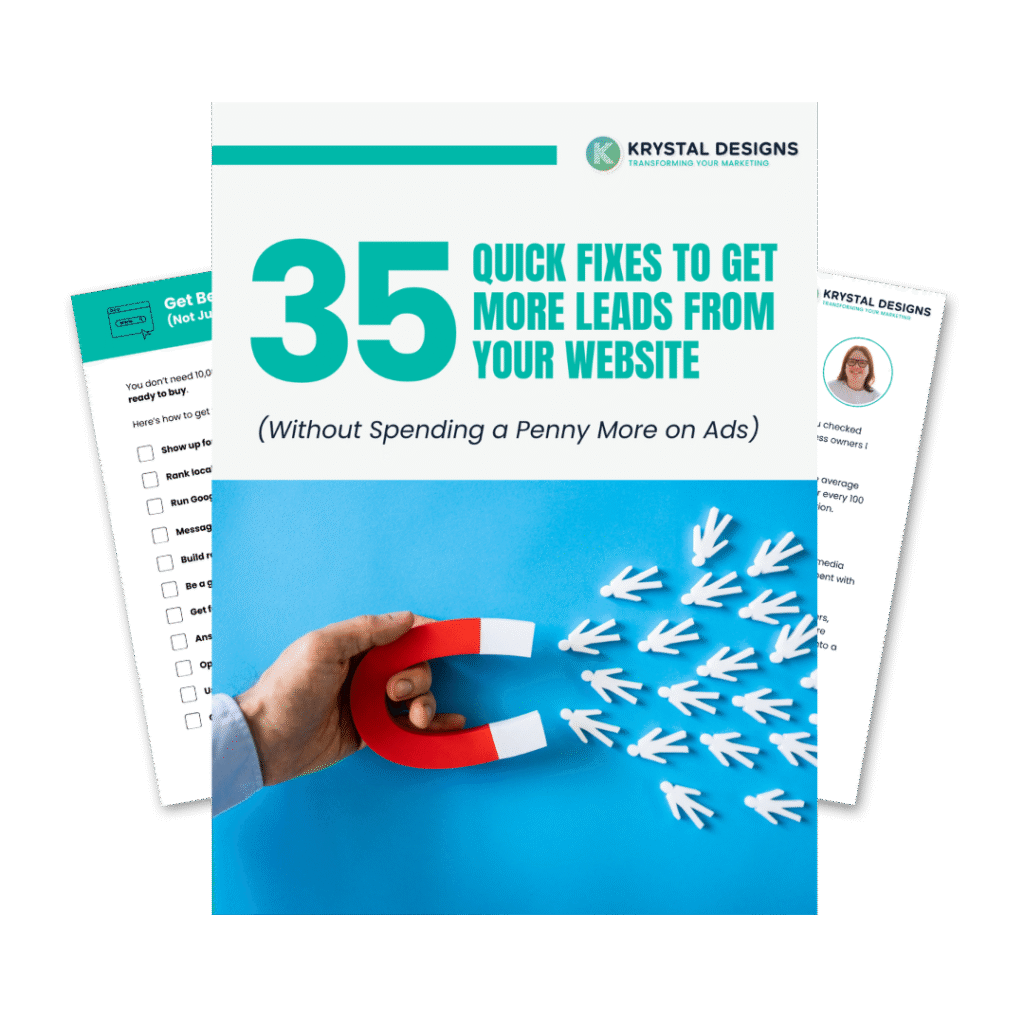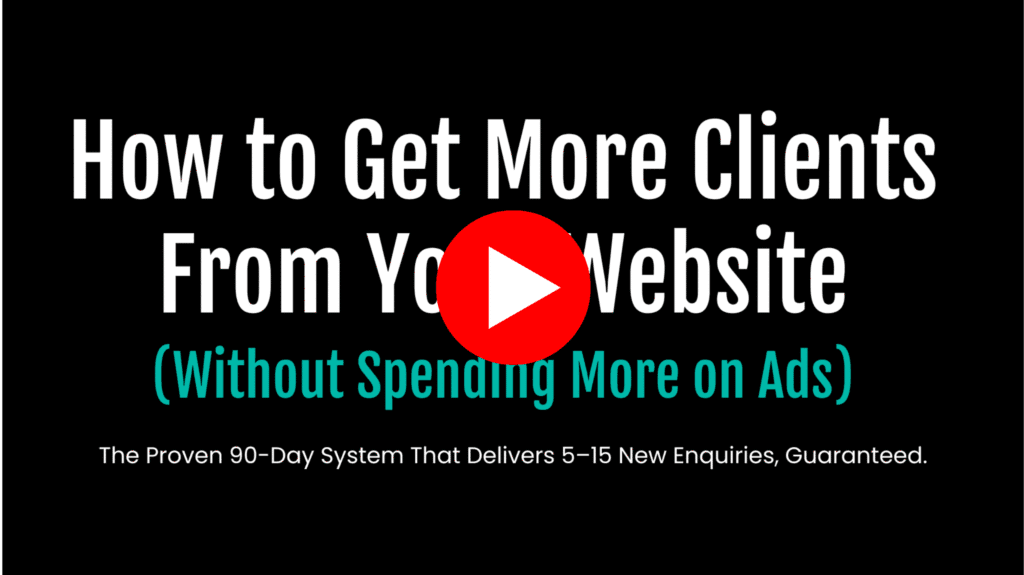Did you know that a 2020 study in Search Engine Journal found that the clickthrough rate for websites in position one on the SERP is 25%, then could drop drastically to 15% for websites in position two and another drop to 2.5% in position 10, and even lower when you get to page two of Google?
This means that if your website does not appear on the first search results page, there’s very little chance consumers will find your website organically. So for your business this means, few audience, generate lead and revenue.
SEO writing is the process of writing content in order to position your website on the first page of search engines. This involves researching keywords, writing high-quality content and optimising your headers. Now, let’s start with the basics.
Here are 10 essential SEO writing tips for better online visibility:
- Search Intent
- Keyword Research
- Prioritise Content Quality
- Create Compelling Headlines
- Optimise Meta Descriptions
- Structure Your Content with Headings
- Optimise Your Images
- Internal and External Links
- Encourage Social Sharing
- Keep Your Content Updated
1. Search Intent
The first step you need to do is to understand your audience’s intent. Answer to the questions; Are they looking for information, trying to make a purchase or solving a problem?
You have to figure out what they want to discover when they are typing into a search engine. In general, there are four types of intent:
- Informational: When the user is looking for information that answers their questions. It could be definitions, explanations, how-to guides or research purposes.
- Navigational: When the user is looking for a specific website or brand, when they already know what they specifically want to find and are using a search engine.
- Transactional: When the user is ready to buy, subscribe to a service or booking an appointment.
- Commercial: This is when the user is doing their research about products or services and they want to compare by reading reviews and best deals having the intention to buy later.
Get Your Essential Guide To Creating A Successful Business Website
FREE 48 top secret tips that you need to know about your website + a surprise BONUS inside.
2. Keyword Research
Remember, the goal is to find terms that your audience is searching for, keyword optimisation is a strategy using relevant keywords and phrases in your content to boost its visibility and ranking.
Try focusing on long-tail keywords that are specific to your niche and connect with your audience’s search queries. Incorporate these keywords into your content without compromising readability.
Readability is about measuring the right balance between optimising for search engines but still making sure that your content is still comprehensive to human readers. Answer to the questions; Is this easy to understand? Is this engaging?
3. Prioritise Content Quality
Quality content is a powerful tool in the eyes of search engines.
Construct an informative and engaging content that will address the need and interest of your audience. It doesn’t matter if you are writing blog posts, product descriptions or landing pages, always aim to provide value by answering questions or offering a solution.
4. Create Compelling Headlines
You have a much higher chance of ranking on the SERP when you incorporate the right keywords into your headline or when you evoke curiosity.
Your headline is your first chance to capture potential reader’s attention and search engines. Stop using ‘Welcome to [Business Name]’ as a headline.
5. Optimise Meta Descriptions
Including keywords in your meta description is important since it also determines search rankings.
Craft a concise meta description that summarises accurately the content of your page while enticing users to click.
Keep it short, use one to two keywords and make it compelling, STAND OUT.
6. Structure Your Content with Headings
Make a clear and well-organised content that enhances readability and improves SEO.
Use descriptive headings (H1, H2, H3, etc.) to break up your content into logical sections and guide readers through your material.
Do not forget to incorporate relevant keywords into your headings.
7. Optimise Your Images
Images play an important role in enhancing the visual appeal of your content in your website and improves user engagement.
Refine your images for SEO by using descriptive file names and adding alt text with relevant keywords.
Alt text describes what the photo is about and it helps understand why it’s there.
8. Internal and External Links
Strategic linking is essential for both user experience and SEO.
Incorporating links to other relevant pages within your website shows search engines that you’ve done your research and also guides users to additional resources to provide credibility to your content.
9. Encourage Social Sharing
Using social signals is an indirect way to impact your SEO efforts by increasing visibility and driving traffic to your website.
Make it easy for your audience to share your content on social media platforms by including social share buttons on your website.
This also helps actively engage with your audience on social media channels to grow a sense of community.
10. Keep Your Content Updated
Out of all the topics we have already covered, SEO also favours regularly updated content that provides value to users.
It’s important you revisit and refresh your existing content to make sure of its relevance and accuracy. You may have to update statistics, incorporate new developments and delete outdated information to maintain quality and relevance over time.
By doing this, you’re improving your website’s visibility in search engine results.
How often should I post SEO blog content for maximum impact?
When determining the ideal frequency for posting SEO blog content, consistency and quality are key. Aiming for a weekly post is a solid benchmark to start with. Establishing a regular posting schedule, such as every Monday or the first Thursday of the month, helps in building a habit and expectation among your audience.
However, if resources allow, increasing the posting frequency can amplify its impact. Whether it’s twice a week or every other day, the more high-quality, SEO-optimised content you provide, the greater your engagement and visibility potential. Remember, the quality of your content should never be compromised for quantity. High-quality content is what attracts readers and improves your standings with search engine algorithms.
Each brand’s optimal posting schedule might vary based on factors like team capacity, audience engagement levels, and competitive landscape. Start with weekly posts, monitor the performance, and adjust your strategy accordingly. The goal is to find a rhythm that works best for maintaining both content quality and SEO effectiveness.
How we can help
Now, you have a better understanding of how to write content that the audience and SEO will appreciate.
Incorporate these essential tips into your SEO writing strategy and you’ll be on your way to the first page of Google enhancing your visibility and attracting more organic traffic.
Krystal Designs is offering a free website analysis for your website. Contact us now for a FREE discovery call, only limited spots left!





